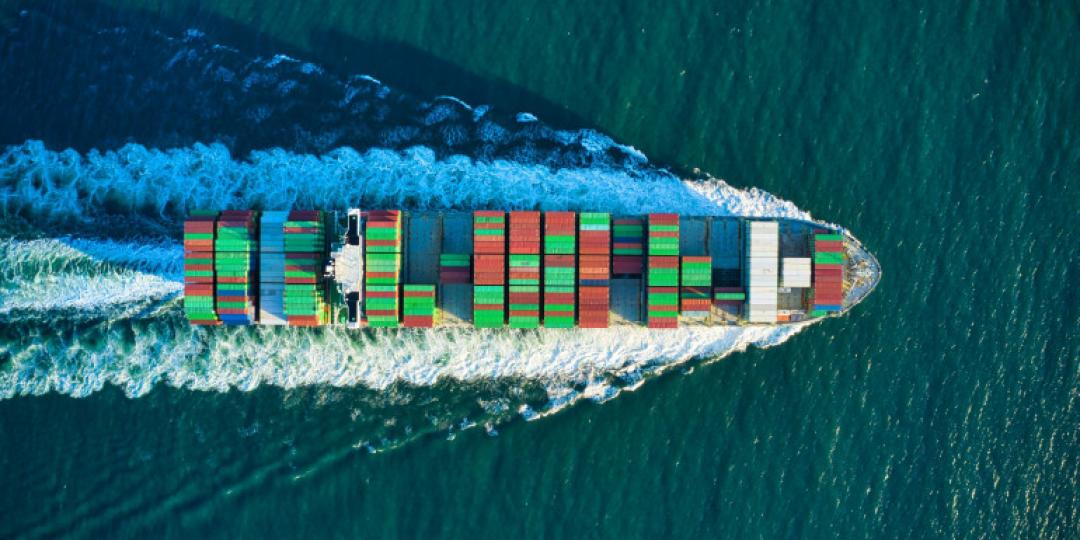Shipping lines are having to do some fancy footwork to make any attempt to meet schedule commitments as they battle global congestion – and not all of it Covid-induced.
Pre-Covid delays at the Port of Durban have provided carriers with plenty of practice – the Port of Cape Town was often omitted to maintain schedule integrity. And it’s only deteriorated.
According to Maersk Line’s latest complex advisory sent out yesterday to local shippers, due to ongoing delays faced in Durban, the line will be unable to meet its Cape Town berthing window on the Santa Ursula 214N. In order to prevent an omission of the vessel in Cape Town it’s agreed with its partners to omit the Akadimos 214S Cape Town southbound call so that the Santa Ursula can berth in her position on October 24.
All Cape Town import cargo will remain on board for the northbound call on the November 11.
And that’s just one port. The current shortage of truckers in the UK is causing major headaches at the Port of Felixstowe where there are insufficient drivers to pick up and deliver containers.
Lars Mikael Jensen, head of Maersk’s global ocean network, told the Financial Times that the line had sent some bigger ships to other European ports and relied on smaller feeder vessels to bring containers through British export and import terminals.
Clearly other carriers are having to make similar contingencies. But contingencies must be part of the industry’s DNA by now. Reflect on the Ever Given Suez Canal chaos in March which blocked the channel for six days, and the vessel build-up off America’s west coast which at one stage saw 70 box ships, representing a total capacity of 432 909 TEUs, waiting to berth.
On average, it was taking a container ship at least nine days to berth at either one of the west coast ports – an undesirable new record for Long Beach and LA.
Then there was the Covid-induced partial closure in August of Ningbo, the world’s third-busiest container port, which worsened congestion at other major Chinese ports as ships diverted away from Ningbo amid uncertainty over how long virus control measures in the city would last.
The list is endless – no wonder carrier reliability is at its lowest point ever.

